
Dedicated for all DNA, Analysis Results, History, Research topics related to: Latins
Legend has it that after the destruction of Troy in 1184 BC, the Trojan survivor Aeneas landed on the shores of Latium, a small triangle of fertile volcanic soil located in central western Italy in which Rome would be founded. Near the mouth of the river Tiber, Aeneas and his Trojan army were confronted by King Latinus of the local Italic tribe. Latinus was defeated and accepted Aeneas as his new ally. Aeneas married his daughter Lavinia and founded the city of Lavinium on the Italian coast. Their son Scanius founded a new city Alba Longa in the Alban Hills which became the Latin capital city. The neighboring Etruscans allied with the Rutuli King Turnus attacked the Latins/Trojans but were repelled concluding in the river Tiber becoming the common boundary between the Etruscans and the Latins. Romulus, born in Alba Longa, founded Rome in 753 BC and became the first king of this new capital. The Etruscans decided to suppress Rome as a future threat and a series of wars ensued which ultimately led to the demise of the Etruscans. By 509 BC, the Roman monarchy was overthrown leading to the creation of the Roman Republic.

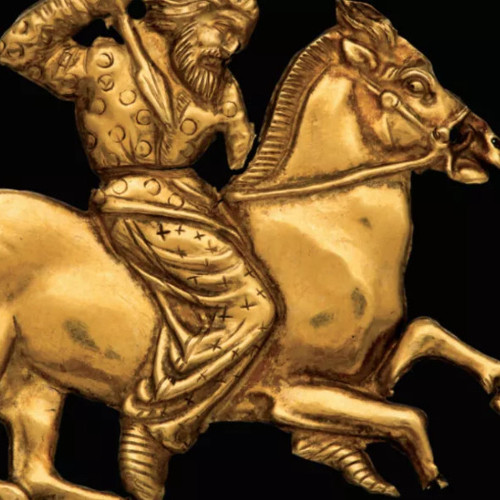

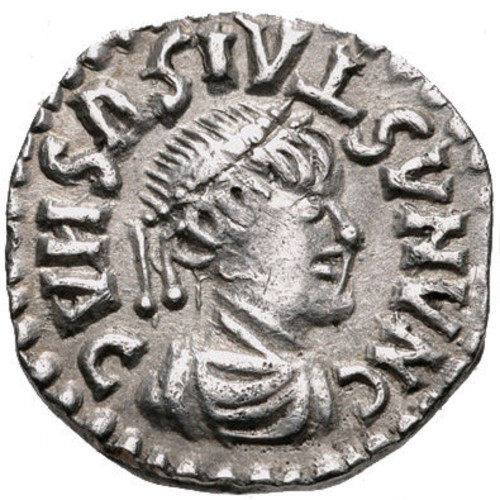
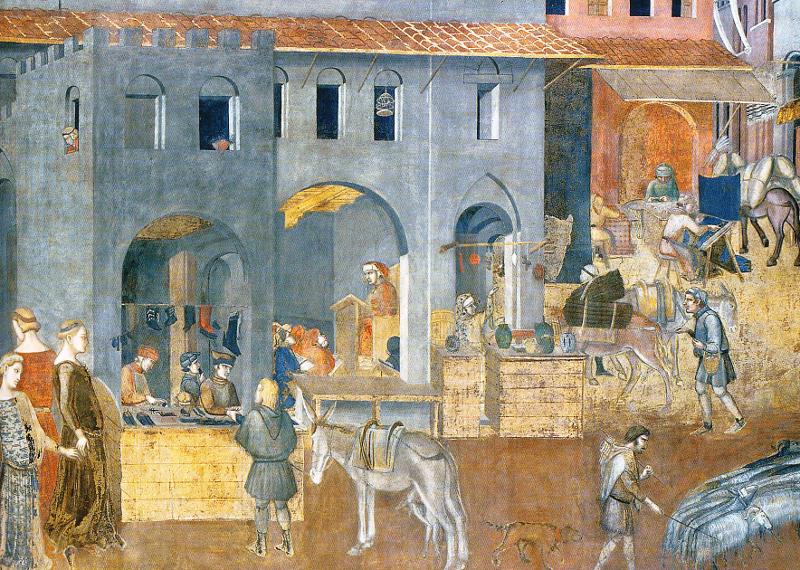


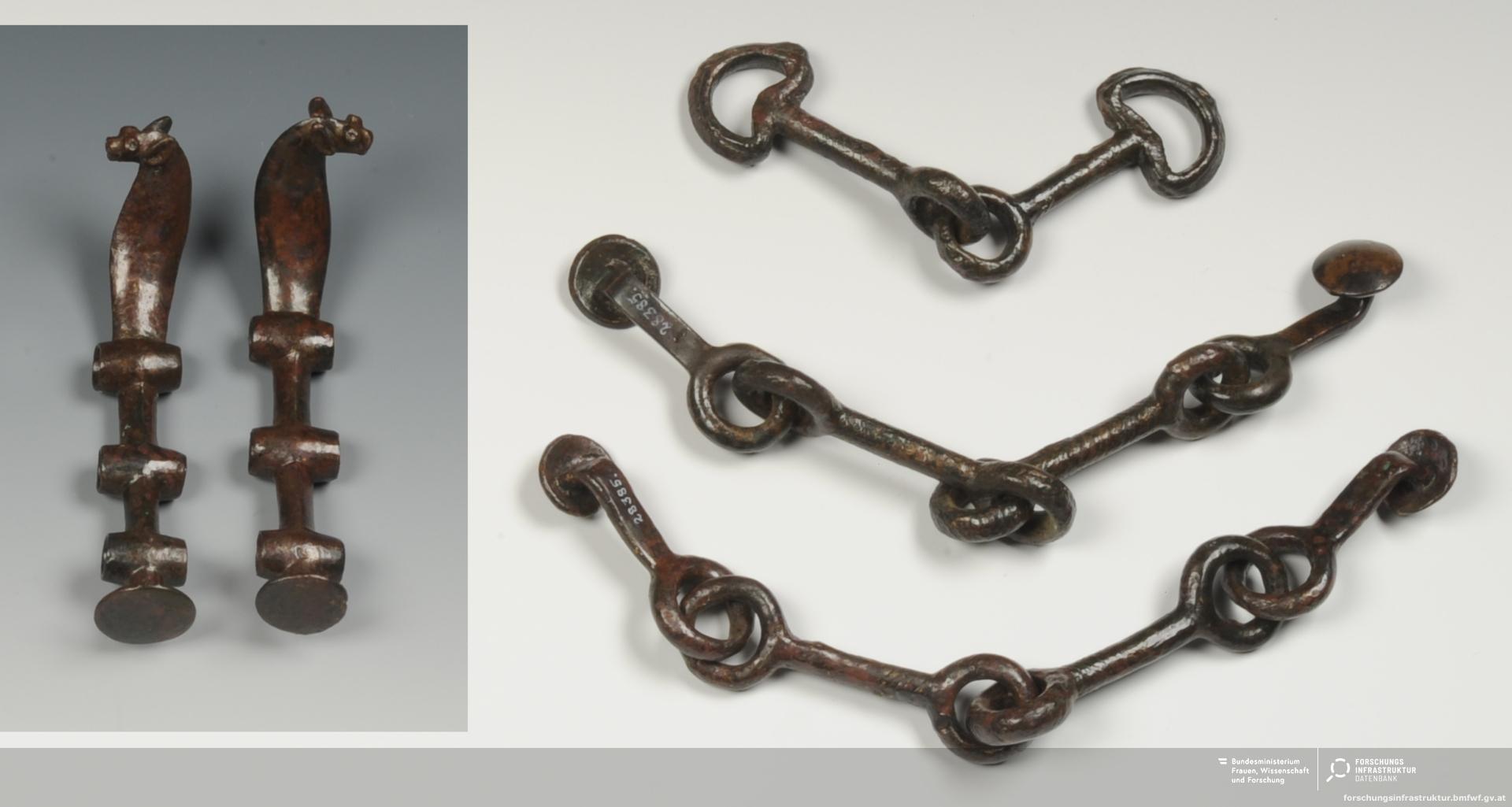


Comments